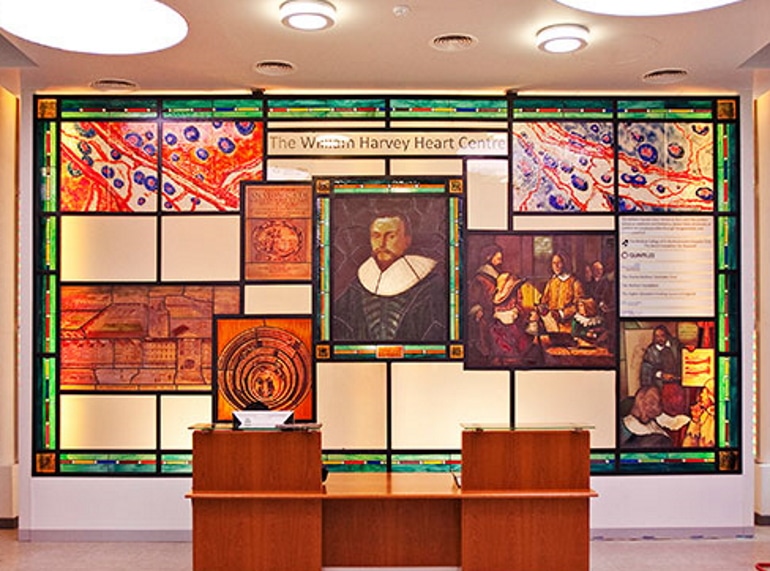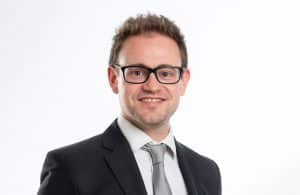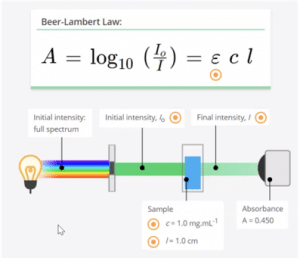
Year 12 pupils have thrown themselves into work experience placements this term, determined not to allow coronavirus restrictions to rob them of valuable opportunities.
Many boys have completed placements during the half-term holiday and since – either in the workplace or as virtual placements online – often building on previous work experience undertaken during the summer holidays.
The Year 12 boys have also taken advantage of special career-related programmes, such as the EtonX Critical Thinking course, one of the programme of online self-study courses currently being offered free of charge to state schools by Eton College and the cyber security courses devised by the Government’s National Cyber Security Centre (NCSC).
 Head of Year Simon Walker said: “Many of the placements that our Year 12 students worked hard to organise in the previous academic year had to be cancelled due to the lockdown; online work experience has therefore been an important alternative means of enabling them to develop their understanding of workplaces and workplace skills.
Head of Year Simon Walker said: “Many of the placements that our Year 12 students worked hard to organise in the previous academic year had to be cancelled due to the lockdown; online work experience has therefore been an important alternative means of enabling them to develop their understanding of workplaces and workplace skills.
“Students have often had to show perseverance and resilience in order to organise and undertake work experience placements successfully – so the process itself has also been valuable, as it has helped students to develop vital soft skills.
“We are grateful to a number of organisations who, during the first lockdown and since, swiftly developed online versions of, or alternatives to, the in-person work experience programmes they usually run or facilitate – organisations like Young Professionals, S4S [Speakers for Schools] and InvestIN have not only equipped many of our students with valuable knowledge and skills, but have also given a boost to their morale at an especially welcome time.”
Mark Markov was among a number of Year 12 boys who had placements in the medical sphere: he spent four days of his half-term break on virtual work experience with the William Harvey Research Institute (pictured top), partnered with Barts Hospital, and was one of around approximately 20 other sixth-formers selected from over 200 applicants.
“It was an eye-opening experience into the careers which follow on from a study of biomedical sciences in the world of clinical research, with talks from distinguished professors, consultants and PhD students about their career journey and motivations. These included internationally recognised expert in nephrology Prof Magdi Yaqoob, senior lecturer and consultant cardiologist Dr Vikas Kapil, and Dr Shafaq Sikandar, performing postdoctoral research into neuropharmacology – to name just a few.”
 On other days, he was part of smaller groups learning about laboratory skills and mechanisms from a researcher at the institute. “The interactive nature of this made it some of the most enlightening laboratory work experience I have done,” said Mark. The picture here shows a slide used to explain the theory behind some of the laboratory work.
On other days, he was part of smaller groups learning about laboratory skills and mechanisms from a researcher at the institute. “The interactive nature of this made it some of the most enlightening laboratory work experience I have done,” said Mark. The picture here shows a slide used to explain the theory behind some of the laboratory work.
On the third day of the work experience, he was individually responsible for questioning and preparing a real clinical trials candidate, including taking a medical and personal history. “This was an extraordinary experience, and … taught me a lot about bedside manner, patient confidentiality, and proper conversation in a medical setting.”
He heard talks from current PhD students and more senior researchers on their work and on new medical tools that are currently being adopted nationally. “These specialist talks also allowed me to affirm the theoretical knowledge I will need to progress in my studies past my A-Levels.”
Siddhant Kansal spent a weekend on a placement with InvestIN, a London-based organisation aiming to provide young people with an experience of some of the world’s most competitive industries.
“We received talks from experts in their fields who told us about the different types of Medicine, the different postgraduate degrees available and how to get into universities to study Medicine. Digitally, we were led through a series of computer simulations of different dilemmas encountered in the medical field, as well as what to do when we first approach a patient. We also had the chance to do some group discussions on the ethical concerns in Medicine, such as legalisation of recreational drugs which may have unexplored medical benefits.
“I enjoyed the weekend, as it was a fully immersive experience, despite the fact that it was done over Zoom. The people delivering the talks were also all highly qualified and accomplished doctors and professors in their fields, and so it was great to see where each career path could take you.”
Angath Makan physically attended his work experience during the half-term holiday at a GP’s surgery. “This was allowed as we weren’t in quarantine,” he said. He shadowed both the doctor and a nurse, watching the nurse complete blood tests and syringing patients’ ears. “I also watched the GP take calls and also saw how a GP worked and how they interacted with patients.”
Angath also undertook some online career training. This was in a very different field – the NCSC’s CyberFirst Futures course, which introduces participants to advanced practical features of cyber security by developing their understanding of cyber-attacks through exploring the reasoning and motivation of common attacks. By completing the course successfully, Angath earned an accreditation with the Scottish Qualifications Authority.
“I just found it interesting and wanted to see what a computer job would look like,” said Angath. “We would join a Zoom call every day and go through PowerPoints and small tests and quizzes.”
